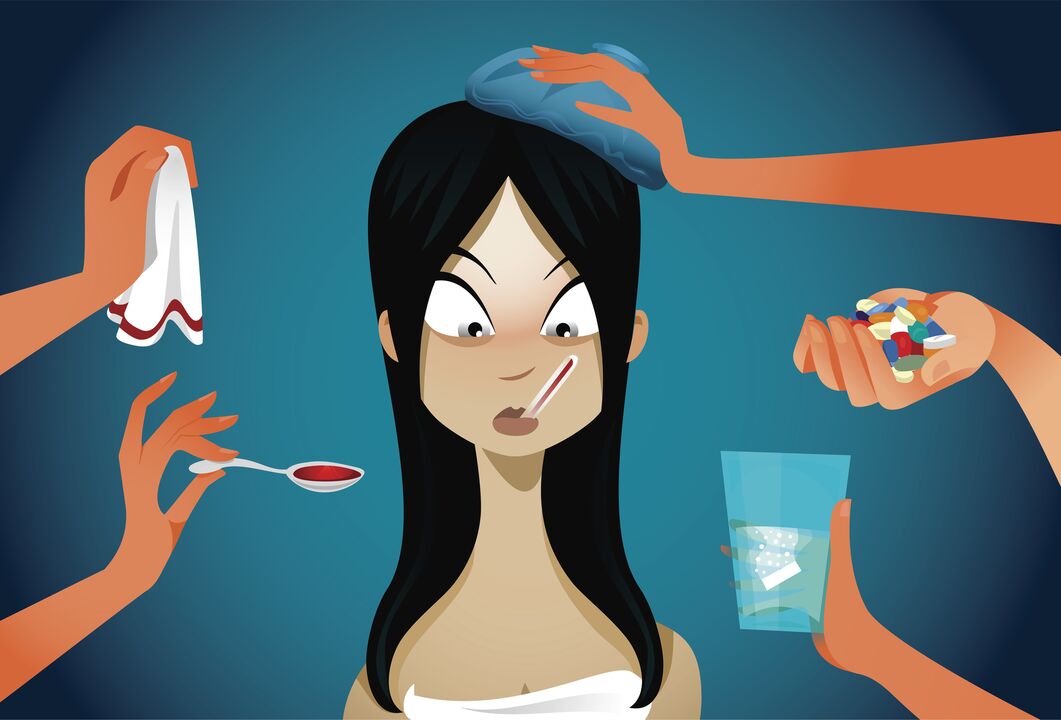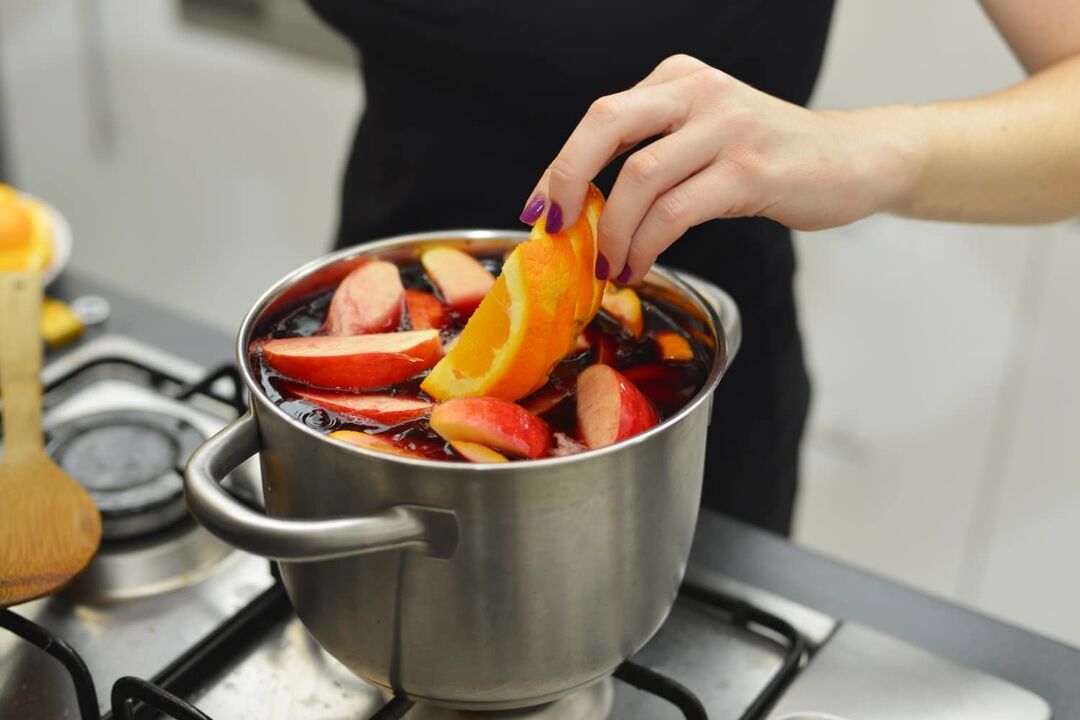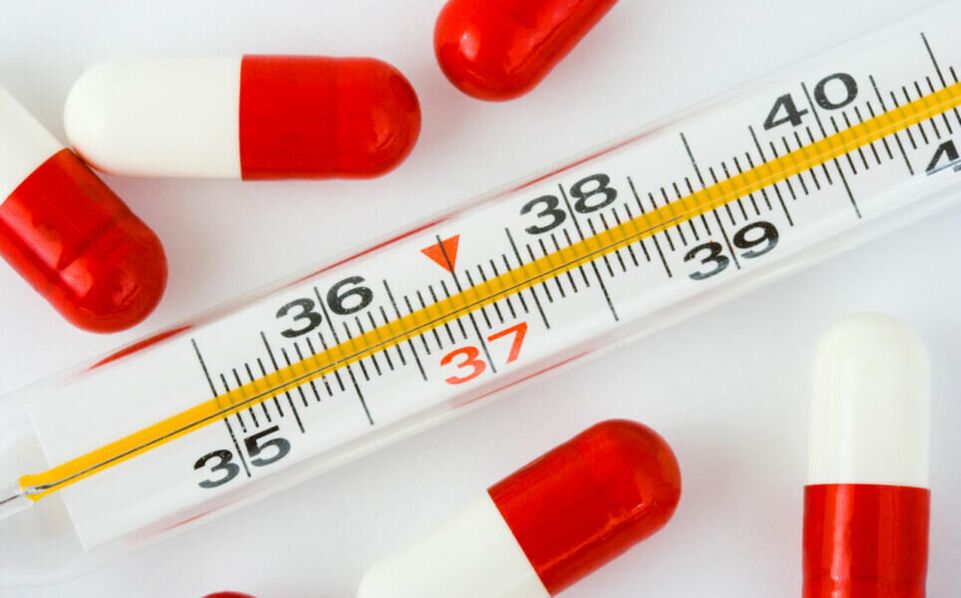The majority of the population of Hungary firmly believes that consuming alcoholic beverages during colds can be a significant help to the body through recovery. But this is a big mistake. Not only does ethanol not help you recover faster, but it can do even more damage. So can you drink alcohol at a temperature during a cold? We need to understand this issue thoroughly.

Ethyl alcohol and colds
The myth that alcohol helps the body cope with colds is based on a warming effect. But it just seems because when it enters the bloodstream, ethanol causes vasodilation, and this leads to blood flow to the skin. One feels warm, but such feelings are misleading because only the skin heats up and the heat energy is quickly released into the environment and causes heat loss.
It is strongly not recommended to drink alcohol in the cold. The resulting false sense of warmth is dangerous, one does not feel the real temperature.
If you drink during a cold, strangely enough, the viruses and bacteria will not scatter but live longer. Alcohol only negatively affects the functioning of the immune system, which weakens the body and prevents the fight against infection. Systematic consumption of alcoholic beverages during a disease increases the number of pathogenic bacteria, so the course of the disease only worsens.
But there is also a widespread opinion among doctors that a glass of red wine can be an excellent prevention of colds. Considering that many people do not know how to drink culturally, it is better not to think about such prevention.
Ethyl alcohol and temperature
The rise in temperature during the course of the disease is not a symptom but a reaction of the body to the penetration of foreign substances. The immune system is able to kill pathogens at high speed on the thermometer. If the temperature does not exceed 38, 5 degrees, you should not rush to knock down, let the body fight and develop immunity, but you should not interfere. And alcohol can be just that.
In any condition, alcohol consumption is undesirable, but even more so in the presence of temperature. If, at readings of 37-37. 5 ° C, it’s still not as dangerous, you don’t have to risk your health on the 38 thermometer. Alcohol and temperature are incompatible for the following reasons:
- When the temperature rises, the body suffers from a lack of water, so you have to drink a lot of fluids and alcohol only makes the situation worse. Ethanol dries out the body even more, making the course of the disease more difficult.
- During illness, the body begins to work in an emergency, its heart rate rises, and if it drinks even during this period, the heart experiences tremendous stress. The heart rate accelerates, blood pressure rises, and alcohol has a detrimental effect on the entire cardiovascular system.
- Drinking high temperature alcohol can cause unexpected body reactions. It may even drop a little at first, but then it rises even more, causing it to feel unwell.
It should always be remembered that not only colds can be accompanied by a jump in temperature, but also more serious diseases. And drinking with them can be even more dangerous.
Why does alcohol cause a rise in temperature?
The fact that alcohol dilates blood vessels is no secret. But what is the reason for the temperature to rise while drinking? Let's try to answer this question:
- In ethanol, blood vessels dilate, which can lead to a jump in temperature.
- In some cases, the body perceives alcohol as an allergen and reacts accordingly with an increase in temperature and skin rashes.
- There are cases of congenital intolerance to ethanol, which can also increase the temperature.
- Alcohol intolerance can develop throughout life due to certain diseases or allergic reactions with high fever.
- Keep in mind that alcoholic beverages can contain a variety of contaminants that can cause an allergic reaction as the temperature rises.
- Alcohol can cause stomach pain, gastrointestinal problems with fever.
- Poisoning the body with ethanol and its breakdown products is another likely reason why the value of the thermometer goes up after drinking alcohol during a cold.
Therefore, it is better not to take risks and not to test the strength of the body. It is much more logical to call a doctor than to try to recover with alcohol.
Exceptions for colds
If the temperature does not exceed 37, 5 ° C, you can afford alcohol, but only special. This applies to mulled wine. The drink is a wine heated to 70 ° C, combined with cinnamon, ginger and cloves. This drink provides the body with useful substances and trace elements, which is important in case of illness. As far as ethyl alcohol is concerned, it practically evaporates when heated, so its content in the finished drink is reduced to zero.
If there is a temperature, it is better to cool the mulled wine a bit.
Beer can be used instead of wine, but the drink must also be well heated to allow the ethanol molecules to evaporate and add spices. Beer contains vitamin B, vitamin C. But don’t get carried away, a glass of mulled wine or beer will suffice.

Base temperature and alcohol
The basal temperature chart is often compiled by women who want to get pregnant. The moment of egg maturation can be easily traced, which increases the chances of fertilization. For the sake of accuracy, such a graph is recorded for a long time so that any discrepancies can be traced.
A woman should remember that alcohol consumption can drastically affect baseline temperature. A 37. 1-37. 3 indicators already symbolize that a new life is born in a woman’s body. Alcohol consumption can cause false temperature rises and indicators are not considered reliable.
Is it possible to combine antipyretics and alcohol?
A sane person understands that no medication should be taken at the same time as alcohol. This also applies to antipyretics. What happens if you take alcohol and antipyretics? The following complications are possible:
- The likelihood of side effects increases many times over. If they do not appear in common sense, the risk is multiplied when combined with ethanol.
- Ethyl alcohol enhances the liver toxicity of drugs, believe me, this body will not thank you for such a gift.
- Even beer drinking during colds and antipyretics is associated with nausea and vomiting.
How long can you take a tablet after drinking alcohol? The answer may be: at the earliest in 4-6 hours if you have consumed a glass of wine. Of course, if a large amount of alcohol is consumed, the duration should be further extended.

Complications and consequences of post-alcohol fever
As it turned out, alcohol does not lower, but rather raises the temperature. This can have the following catastrophic consequences:
- There is a risk of damage to the nervous system.
- Risk of severe dehydration, which is life-threatening.
- Blood circulation is damaged.
- Blood pressure rises.
- The blood becomes viscous and there is a risk of blood clots forming.
Do not delay calling your doctor if the temperature does not drop for several days and is at a high level. This situation becomes dangerous to the work of the entire organization. The temperature must be reduced urgently if:
- Cramps can be observed.
- The patient has chronic cardiovascular pathologies.
- The diagnosis includes lung diseases.
- There are nervous system pathologies and mental disorders.
- The patient has diabetes mellitus.
It should be borne in mind that not only alcohol consumed internally can cause harm, but also in the form of rubbing, and this is often practiced. It is better to entrust the treatment of colds to professionals or proven treatments and not subject your body to further trials.































